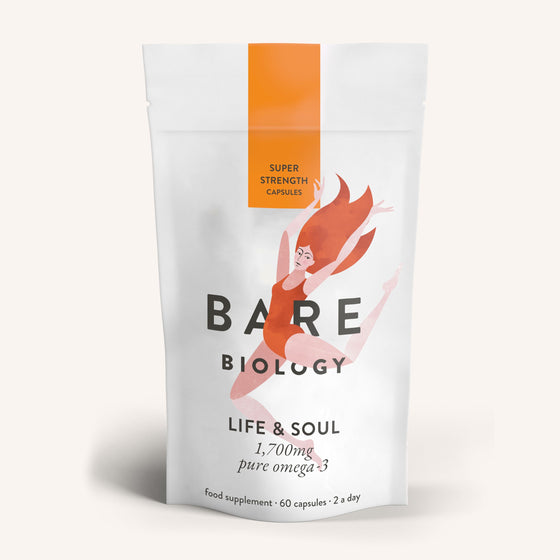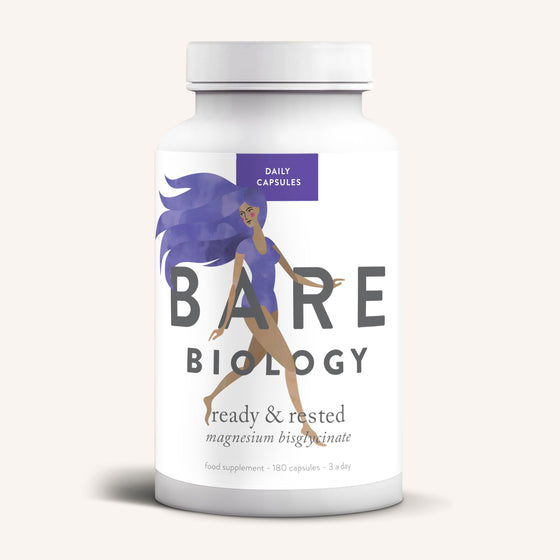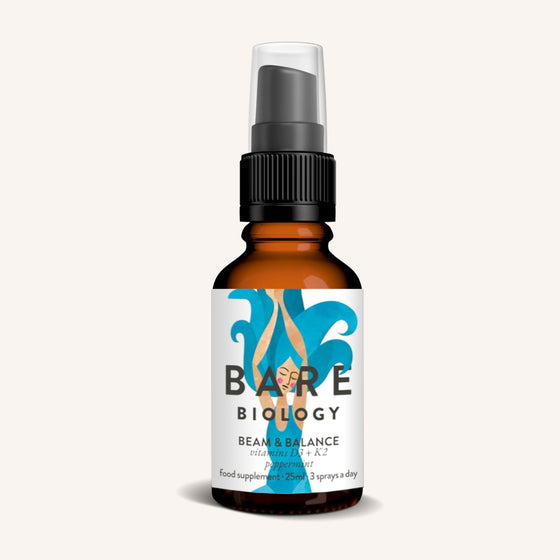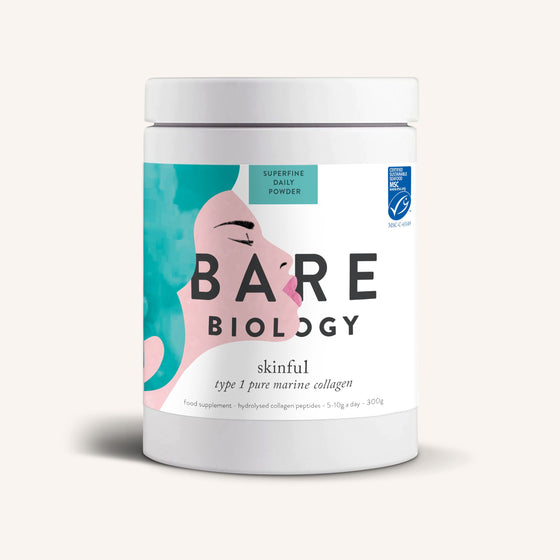Guest post by OMGtea
Translated from Japanese, matcha means ‘powdered tea’. With regular green tea, which is infused in hot water, 85-90% of the nutrients are discarded with the leaves. However, with matcha, you’re drinking the entire leaf meaning your body benefits from all the soluble and non-soluble elements.
What are the real benefits of drinking quality matcha regularly?
Matcha is renowned for its wide-ranging health benefits, and in Japan it has a long history of use for various medicinal purposes.
Matcha is extremely high in antioxidants
Matcha contains 137 times more of the antioxidant known as EGCG vs. regular green tea. EGCG is a part of the antioxidant family known as catechins. Matcha is rich in antioxidants, vitamins and minerals. What’s incredible is the level of antioxidants as measured by the ORAC value. ORAC, short for Oxygen Radical Absorbance Capacity, is a test tube analysis that measures the total antioxidant power of foods. The ORAC rating for quality Matcha is higher than in any other superfood.
Antioxidants are molecules that help fight off, and even prevent, cell damage caused by free radicals. In essence, antioxidants help clean up the waste products in our cells. Free radicals are compounds that are highly reactive, which means they can attach and bind to, and ultimately damage, normal cells in the body. Free radicals are naturally formed when you exercise and when your body converts food into energy. Your body can also be exposed to free radicals from a variety of environmental sources, such as cigarette smoke, air pollution, radiation and sunlight. When these free radicals become too high, they can cause harm to your body by causing ‘oxidative stress’, a process that can trigger cell damage. Oxidative stress is thought to play a role in a variety of diseases including cancer, cardiovascular diseases and diabetes.
This is where the importance of antioxidants comes in. Your body uses antioxidants to balance free radicals, which keeps them from causing damage to other cells. Antioxidants can even protect and reverse some of the damage already done and they also support your immunity.
Matcha can help your body detox
Matcha is packed with powerful plant compounds that help aid your body’s natural detoxification process. The antioxidants in Matcha can help your body flush out harmful toxins, boost energy levels, and improve your overall health. Some of the main compounds in matcha that make it so powerful for detoxing include:
Polyphenols: Polyphenols are powerful antioxidants that help your body combat cell damage.
Catechins: Another powerful antioxidant that helps your body prevent cell damage. Catechins also improve intestinal conditions by helping to prevent the development of harmful bacteria, while also supporting good bacteria such as bifidobacteria. This optimizes the performance of the intestines, which is crucial for detox.
Matcha supports mental health
Buddhist monks have been using Matcha for over 800 years to enhance meditation. Matcha was also the tea the samurai turned to before battle, because of its long-lasting energy boost and its ability to promote a state of relaxed awareness.
The presence of the powerful antioxidant EGCG, as well as L-theanine, also work together to combat the development of anxiety and can be excellent for improving our mental well-being. The components in matcha work synergistically with the caffeine it contains to reduce physiological and psychological stresses.
Matcha is rich in the amino acid L-Theanine. It boosts alpha brain waves to promote a more alert state of relaxation, which keeps you calm, focused and energised for hours. It also activates GABA in the brain, a neurotransmitter which helps us remain and stay calm.
Furthermore, L-Theanine increases the production of the two chemicals dopamine and serotonin which in turn serve to enhance mood, promote better concentration, and improve memory.
Containing a wide array of minerals including copper, zinc and magnesium, quality matcha is also highly nutritious, which helps to combat some nutritional deficiencies and supports an overall healthy brain and mind.
Matcha has been shown to boost metabolism and burn fat
Green tea is well known for its ability to enhance weight loss. In fact, studies show that it may help speed up metabolism to increase energy expenditure and boost fat burning.
Research from Acadia University in Canada, and in partnership with the University of Chichester in the UK, revealed how quality matcha can significantly increase fat burning during moderate exercise. The findings showed that participants had higher fat burning during brisk walking with quality Matcha green tea. The tea used in this study was OMGTea.
Researchers examined the effects of three weeks’ daily intake of OMGTea Matcha on substrate oxidation during moderate exercise. Participants consumed 3 x 1-gram servings per day for three weeks. In this study, the group data showed that exercise-induced fat oxidation was significantly increased by 35%. It was also very interesting to note that there were no adverse physiological effects, such as increased heart rate, meaning that matcha is a very healthy option for supporting weight loss.
You can find more information on the study here.
Not all matcha is created equal
With all the benefits it has to offer, it’s not surprising that the matcha market has grown significantly in the last few years. Unfortunately, however, so has the number of low quality and even fake matcha products on the market. Have you ever tried a cup of matcha that is brown or yellow in colour, coarse or gritty and bitter to taste? These are tell-tale signs of a low-quality product. So, what do you need to look out for when selecting what matcha to purchase? Here are a few tips.
Origin
Matcha means powdered leaf in Japanese and true Matcha is of Japanese origin only. The Japanese have exacting standards for Matcha cultivation and manufacture. Authentic Matcha requires the special geography, latitude, climate, weather patterns and soil of Japan. There are many brands on the market claiming to be Matcha that are from China or other countries. These brands are not authentic Matcha.
Colour
Quality Matcha is a vibrant green. The greener the better! Matcha is shade-grown which results in a significant increase in the production of chlorophyll and L-theanine. These are the critical Matcha ingredients that gives it its nice bright green colour. Lower quality Matcha, by comparison, tends to be made up of leaves that have not been properly shaded, or that may be older and/or harvested from lower on the stalk of the plant; and therefore, the colour will not be bright green.
Taste
Good quality matcha should have a sweet, vegetal smell to it. This comes from the amino acid called L-Theanine that is produced during the shading process. L-Theanine gives Matcha its refreshing, clean-drinking, green tea taste. Low quality Matcha lacks L-Theanine and therefore it tends to have a bitter and astringent flavour.
Feel
The feel and texture of the Matcha powder is also an indicator of quality. A high-grade Matcha is very fine and silky. Its particle size is only 5-10 microns. A lower quality Matcha has a bigger particle size and will feel coarser when rubbed between your fingers.
DISCLAIMER: This blog post was written and provided by our friends at OMGTea for which we’re most grateful. We have not substantiated or verified any of the health claims and advise readers to carry out their own research.






